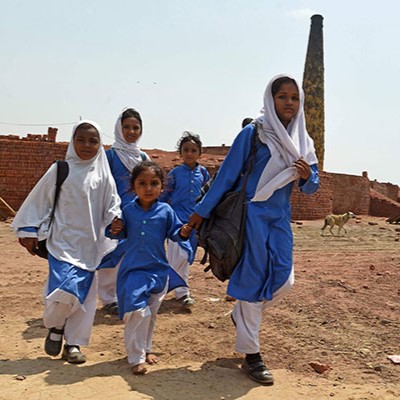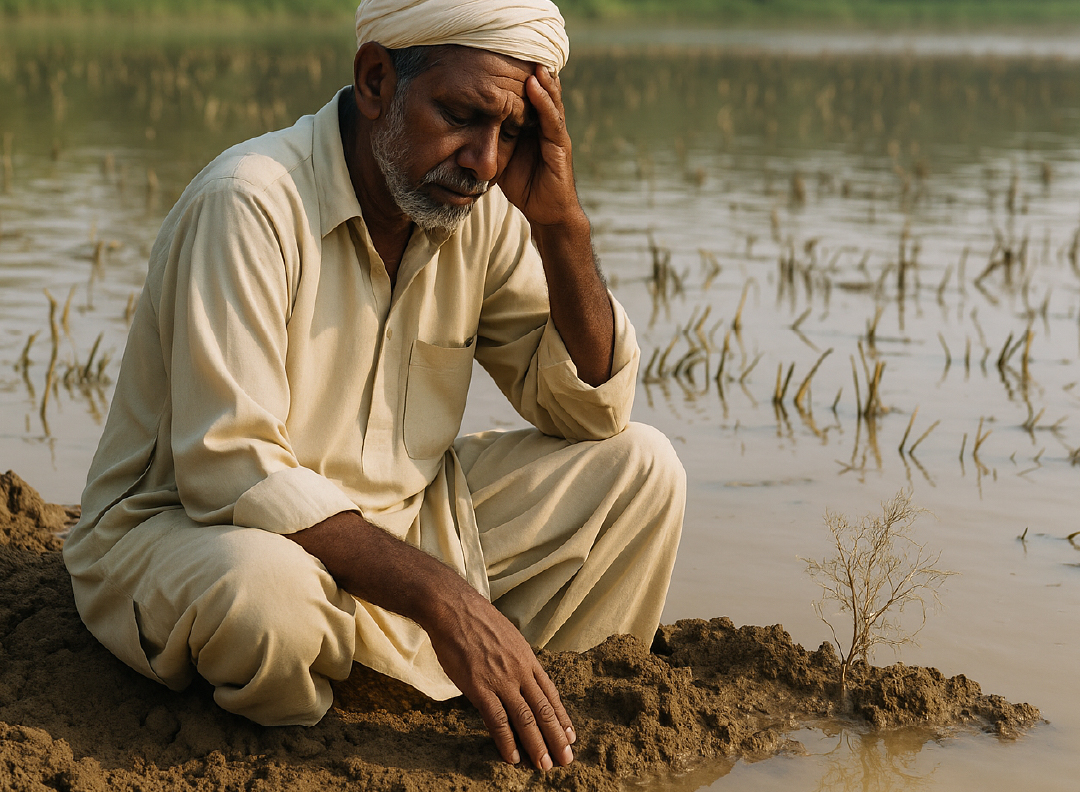In a pursuit to break the perpetual chains of poverty, individuals like Sher Rasool of Kamar Mashani, alongside many others in the area, endeavoured, only to witness governmental shortcomings in addressing this enduring challenge.”
Sher Rasool works at a kiln in Kamar Fashani, 20 kilometres from Tehsil Isa Khel in Mianwali. But he doesn’t want his children to follow years of family “tradition” and spend their whole lives toiling in the furnace, as he has.
When the government’s conditional cash transfer (CCT) program for education reached his area in 2016, he enrolled his four children in school. However, this scheme lasted only for five years.
According to the data from the Punjab Labour and Human Resources Department, there are 150 brick kilns in the Mianwali district alone. Among the children under 14 in these kilns, one thousand three hundred and forty-two are identified, with 362 children deprived of education.
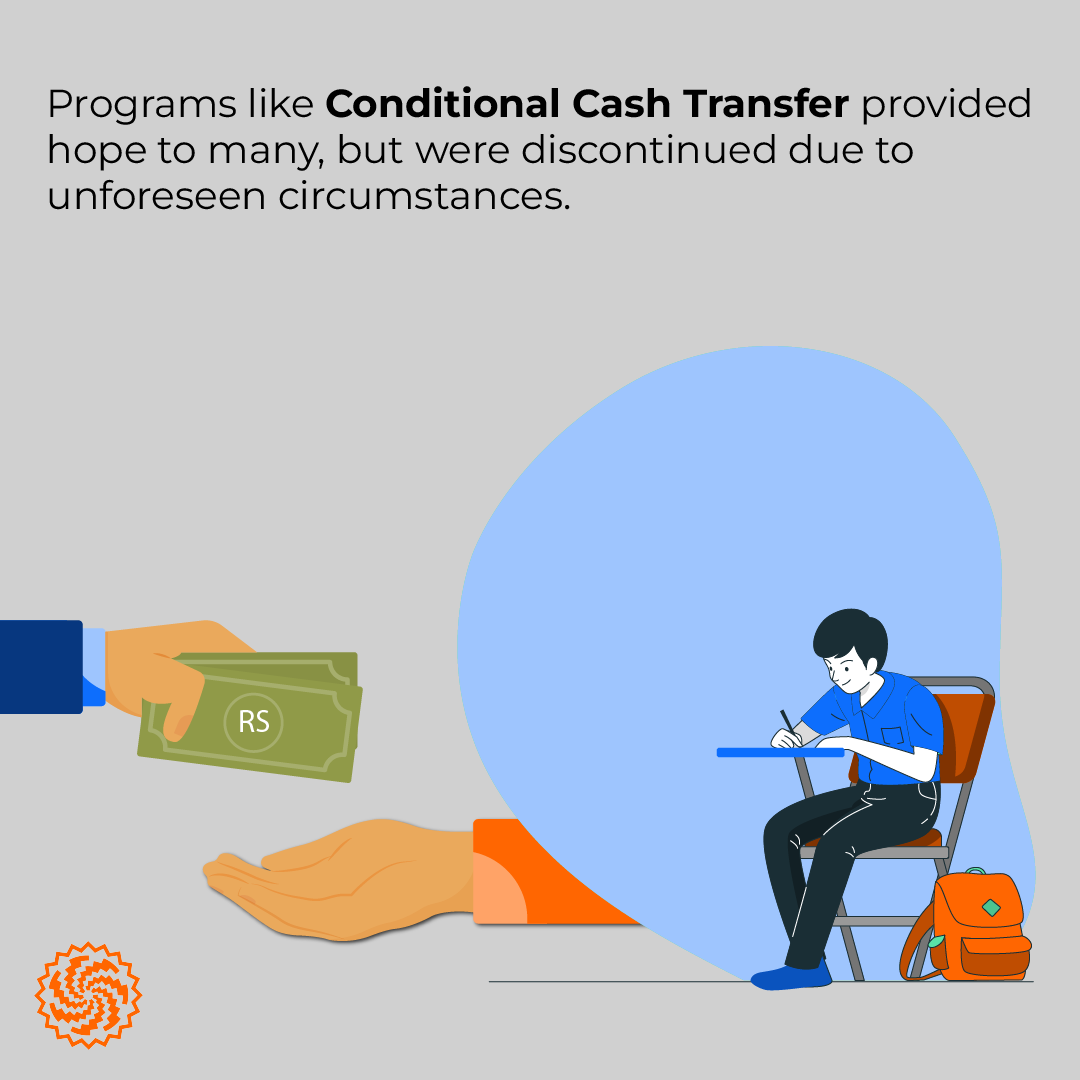
In May 2016, the Punjab government initiated a conditional cash transfer program to facilitate education for children employed in kilns and address child labour.
Under this program, each child received a stipend of Rs2,000 upon admission and Rs3,000 every quarter. However, a condition of 75 per cent attendance for the child was established.
Families of kiln workers received service cards to facilitate the stipend process.
According to the Punjab Government Education Department’s data, more than 37,000 children were enrolled in schools under this program in the first year.
Likewise, the kiln workers in Mianwali also admitted their children to schools under this scheme.
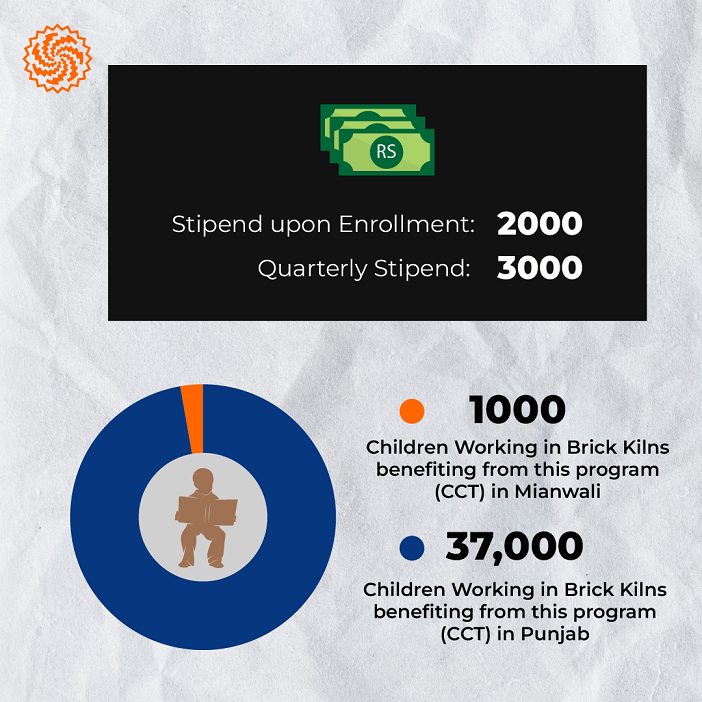
Fazal Elahi, the focal person of the Brick Kiln CCT Programme and the district education officer in Mianwali for a long time, stated that more than a thousand children entered schools in Mianwali in a single year with the commencement of this scheme. However, its closure has significantly impacted the enrollment of children.
The district office of the Education Department also confirms Fazal Elahi’s statement. According to the department, the number of children has significantly decreased due to the scheme’s closure, especially in 2021. A large number of children have abandoned school, and only 180 children remain enrolled.
Sher Rasool is extremely worried. He says it became easy for him to educate his children when the government provided financial support for four years. However, when the government discontinued this assistance, his children couldn’t continue attending school.
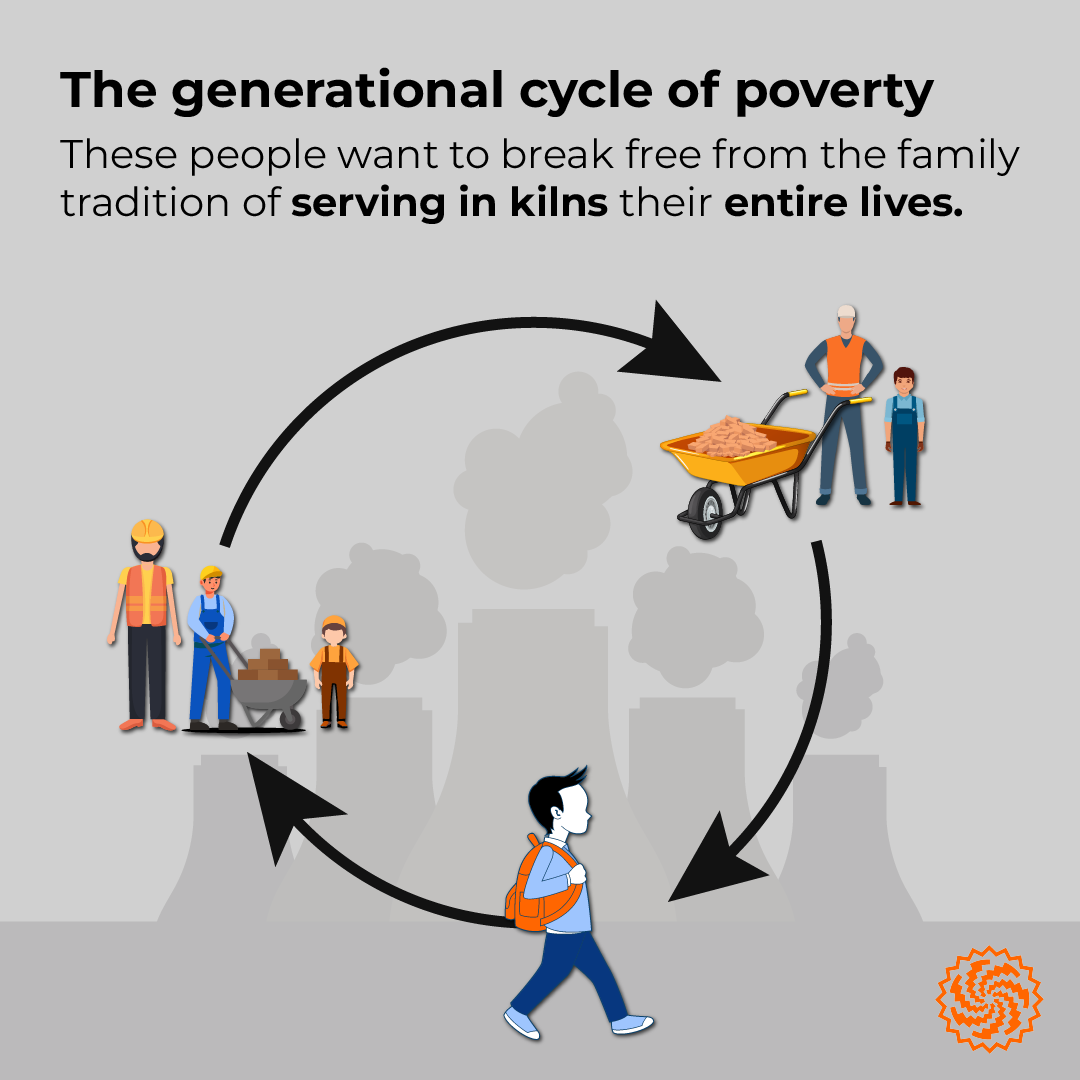
43-year-old Altaf, who works at a kiln 30 km from Mianwali city, also faces the same problem. His five children no longer attend school.
Social leader Ali Khan Pai Khel states, “Kiln labour is a form of slavery. These workers are trapped in a cycle of debt from which they cannot escape for generations.”
“How can children’s education be a priority when food is scarce?” He says that the monthly amount received from the CCT program provided financial support to the workers, and the children were also getting an education. Still, due to the stoppage of this scheme, the children’s education was taken away, and the parents’ support also vanished.
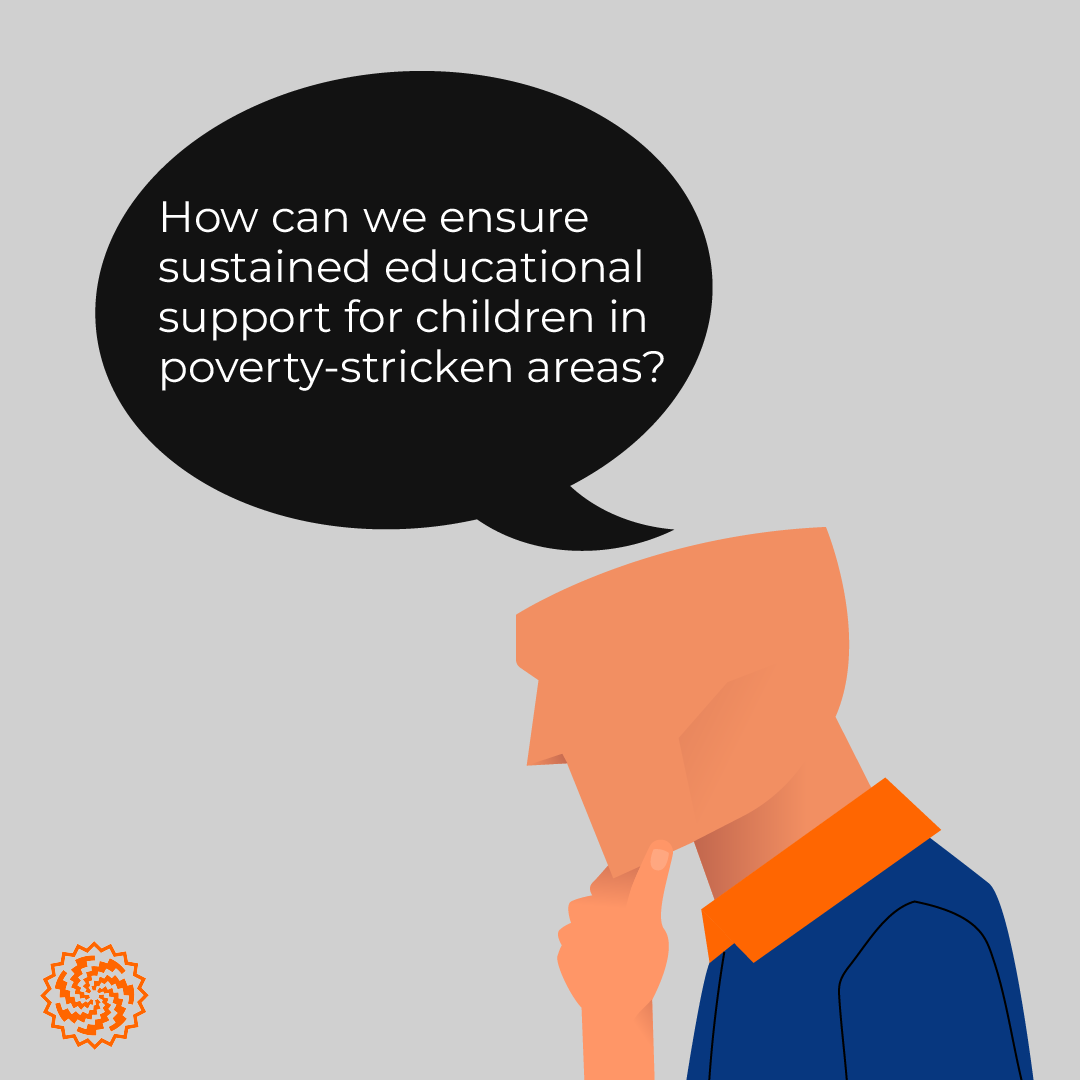
Assistant Director of the Labour Welfare Department Mianwali, Muhammad Khalid Khan, says that many parents started sending their children to school after the commencement of this program because they saw financial benefits in it. For example, a labourer who had five children going to school would get Rs10,000 at the time of admission and Rs5,000 per month, which was ample aid for him.
He said that the government of Punjab, along with the World Bank and other stakeholders, continued this three-billion project until 2021. However, when the project ended, the government did not try to continue it.
Also Read
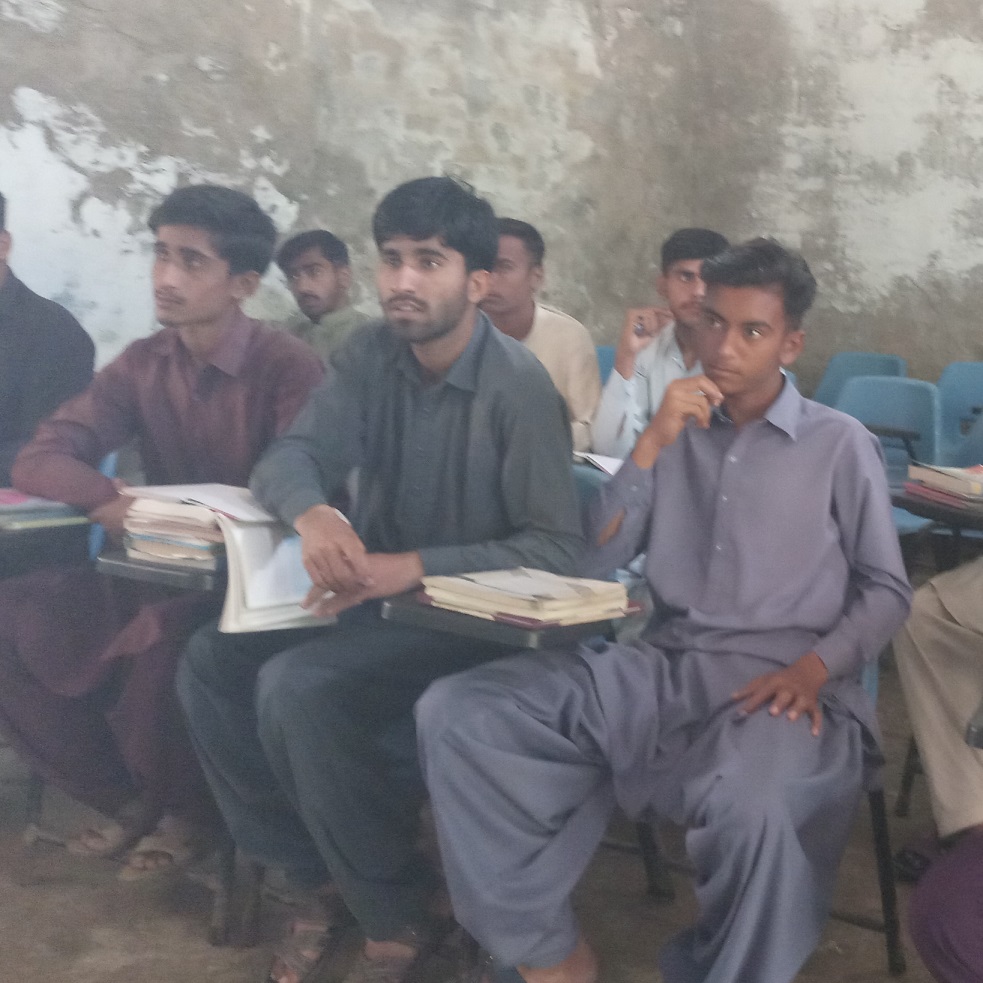
Plight of Manjhi Pur college students as crumbling classrooms hinder education progress
Labour Inspector Mianwali Muhammad Naveed says that in 2016, the Punjab government passed the Punjab Protection of Child Labour at Brick Kiln Act. According to this law, children under 14 cannot work in kilns. Both parents and kiln owners who violate this law can be jailed for a minimum of seven days and a maximum of six months.
Additionally, a minimum fine of Rs50,000 and a maximum of Rs500,000 may be imposed along with the punishment.
“We also conduct raids on the kilns to ensure the implementation of this law; however, we still encounter five to six cases every two to three months.”
In this regard, educationist Professor (retired) Ghulam Sarwar Khan Niazi told Lok Sujag that millions of children are currently out of educational institutions in the country, and there is a lack of serious policy-making by the government to address this issue.
How disheartening that we provided financial support for the education of the children of kiln workers for five years, only to leave these children helpless without any follow-up plan.
He concludes that these children deserve more attention. If deprived of the right to education, their lives will be confined to washing bricks in kilns
Published on 8 Dec 2023
